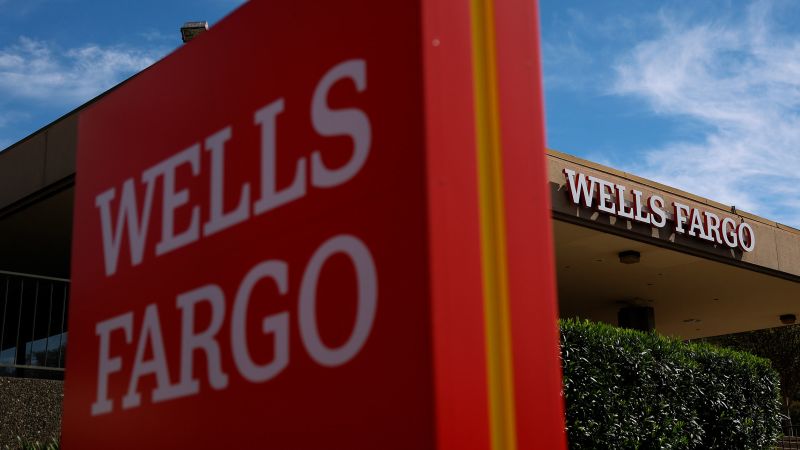An American banking executive, who had been prohibited from leaving China due to an exit ban imposed by the Chinese government, has finally been allowed to depart the country. This development follows discussions between U.S. and Chinese officials, occurring ahead of a potential meeting between Presidents Donald Trump and Xi Jinping.
Chenyue Mao, a banker based in Atlanta with Wells Fargo, was reportedly freed from the restrictions that had blocked her departure. The exit ban is part of a broader issue affecting many Americans who have faced similar restrictions while in China, exacerbating existing tensions between the two nations. The U.S. State Department has previously cautioned travelers regarding the “arbitrary enforcement” of laws in China, particularly noting these exit bans.
Adam Boehler, the U.S. Special Envoy for Hostage Response, hinted at Mao’s release during an event, without directly naming her. He mentioned that an American held in China had recently been freed, and emphasized that high-level engagement has been instrumental in such outcomes. Boehler noted that Trump has prioritized the release of detained Americans and alluded to the importance of discussions at senior diplomatic levels in influencing Chinese behavior.
Reflecting on the broader implications of exit bans, Boehler stated that it’s unacceptable for any nation to detain individuals without due process. This sentiment was echoed in conversations involving senior U.S. officials, including Senator Marco Rubio and Defense Secretary Pete Hegseth, who engaged with their Chinese counterparts shortly before Trump’s anticipated discussions with Xi.
Mao, who is a U.S. citizen born in China, was under the exit ban linked to an alleged criminal investigation. However, details about the investigation and her alleged involvement remain unclear. The U.S. government has warned that individuals of Chinese descent may experience heightened scrutiny while in China due to the lack of recognition of dual nationality by the Chinese government.
Mao’s release coincides with a recent executive order from President Trump that introduced a designation for “state sponsors of wrongful detention,” aimed at penalizing nations that unlawfully imprison American citizens. Boehler acknowledged that the executive order may have influenced the Chinese decision-making process regarding her case.
While Mao’s exit ban has been lifted, the Chinese government has not made an official announcement confirming this development. A spokesperson for the Chinese Embassy reiterated that China adheres to the rule of law and handles issues regarding entry and exit in accordance with its laws, emphasizing that all individuals, regardless of nationality, must comply with local regulations.
As the situation continues to evolve, Wells Fargo has been contacted for any comments regarding Mao’s release and the implications it may hold for American citizens in China.







